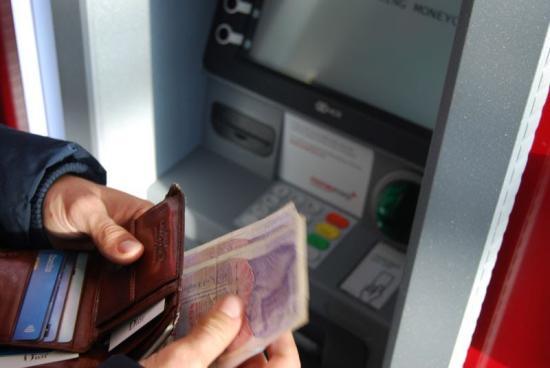Trading Standards - Courier Fraud And Fake Bank Calls
26th September 2024

A 77-year-old woman from Stirling recently lost £3,500 after being phoned by scammers posing as her bank's fraud prevention team.
They were able to gain her trust by providing some of her personal information, such as date of birth and recent spending history.
They told her there had been suspicious activity on her account and asked her to withdraw funds from the account so that a new one could be set up.
She visited her local branch and withdrew £3,500, which she then handed to a 'courier' who visited her home and told her the money would be placed in a new account.
She didn't receive a new bank card and, when she contacted her bank to enquire about the new account, discovered that the original call had been a scam.
There have been a number of similar scams where cold callers claim to be police officers and say they have concerns regarding the fraudulent use of the person's bank card. Again, the caller asks them to attend a bank or post office and withdraw money to assist with a police investigation. This money is later collected at the person's home by a scammer impersonating a plain-clothed police officer.
Police Officers or your bank will never ask you to transfer money to another account or withdraw money. They will never ask you to disclose personal financial information or ask you to hand over cash or cards to a courier.
Police Officers will never attend your home to collect cash or bank cards.
How to Avoid
If you receive a suspicious call supposedly from your bank, hang up, wait a few minutes to clear the line and call your bank on a number you know to be genuine, such as the one on the back of your card. You should never give any details to a cold caller, even if they appear to know some of your details already.
If Police Scotland contact you, they will do so in person, by phone or by email. This will depend on the circumstances surrounding why they need to contact you. If an officer contacts you in person, they’ll show you their police warrant card. This is proof of their identity and authority and you can verify this by dialling 101.
If an officer needs to speak to you on the phone or by email, they'll identify themselves clearly.
They will never:
ask you for your bank details or PIN
ask you to transfer funds to another account
ask you to hand over cash or bank cards to a courier
ask you to pay a fine or a fee to them or a third party over the phone or online
ask you to 'assist' in an investigation by doing any of the above
communicate in an abusive, threatening or coercive manner
If you're unsure about whether the person you're dealing with is a genuine police officer, call 101 to check their identity.
You should also contact 101 if you think you've been a victim of fraud.
Find Out More
Police Scotland video about impersonation scams: https://biteable.com/watch/3449618/c01f1e13a725df1d4882e64fa00460c2
Police Scotland: www.scotland.police.uk/what-s-happening/campaigns/courier-fraud
ScamShare Spotlight PDF on bank scams: www.tsscot.co.uk/spotlight-bank
Original article: www.dailyrecord.co.uk/news/local-news/pensioner-loses-thousands-to-scammer
